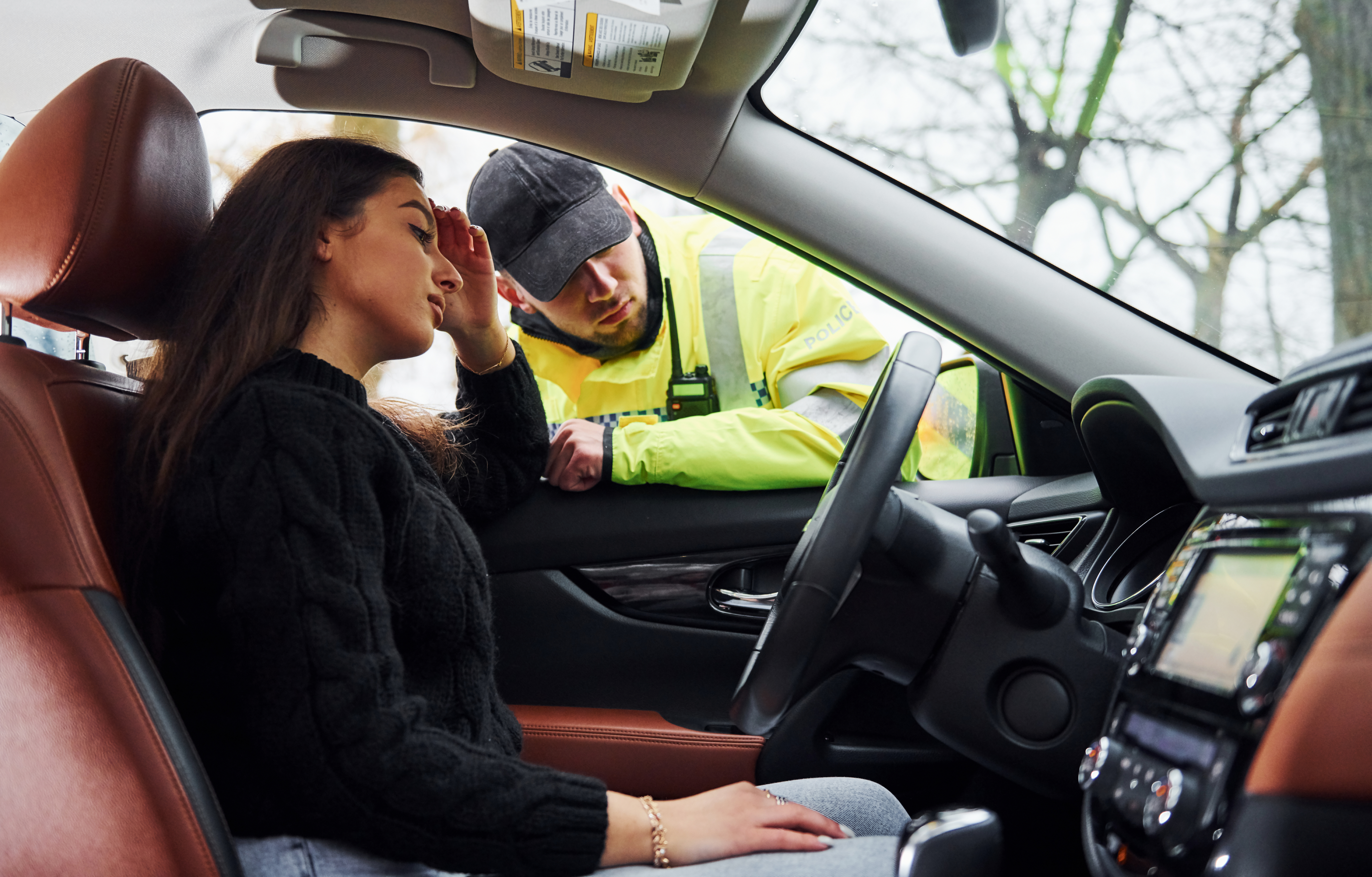How Breathalyzer Accuracy Impacts DUI Cases
Driving under the influence (DUI) is a serious offense that can have severe consequences. At the heart of many DUI cases lies a small device known as a breathalyzer. This tool measures a person’s blood alcohol content (BAC) and is often crucial evidence in DUI cases. However, the accuracy of breathalyzer results is sometimes questioned, and this can significantly impact the outcome of a DUI case.
In this article, we’ll explore how breathalyzer accuracy affects DUI cases, the importance of proper calibration, and the implications of inaccurate breathalyzer results.
The Role of Breathalyzers in DUI Cases
Breathalyzers play a pivotal role in DUI enforcement. Law enforcement officers use these devices to quickly assess whether a driver is over the legal alcohol limit. If the breathalyzer indicates a BAC above the legal threshold, it can serve as primary evidence in a DUI charge.
The Functionality of Breathalyzers
Breathalyzers work by measuring the amount of alcohol in a person’s breath, which is then used to estimate their BAC. This estimation is based on the principle that alcohol in the bloodstream is exhaled through the lungs. The device uses sensors to detect alcohol levels and converts this data into a BAC reading. Understanding this process is crucial for recognizing how variations in breathalyzer technology can affect readings.
Legal Implications of Breathalyzer Use
The legal system heavily relies on breathalyzer results to enforce DUI laws. A reading above the legal limit can lead to arrest, prosecution, and potential conviction. This reliance underscores the importance of breathalyzer accuracy, as any errors in measurement can have serious legal ramifications. The admissibility of breathalyzer results in court depends on their perceived reliability.
Challenges in Breathalyzer Evidence
While breathalyzers are a staple in DUI enforcement, their results can be contested. Defense attorneys may challenge the accuracy of the device or the method in which the test was administered. These challenges often focus on factors such as device calibration, operator error, and external influences that could skew results. Understanding these challenges is essential for navigating DUI cases.

Understanding Breathalyzer Accuracy
Breathalyzer accuracy refers to how precisely the device measures BAC. Ideally, breathalyzers should provide an accurate reflection of a person’s blood alcohol level. However, several factors can affect this accuracy, such as device calibration, environmental conditions, and user error.
Device Calibration and Its Importance
Device calibration is critical to ensuring accurate breathalyzer readings. Calibration involves adjusting the breathalyzer to a known standard to ensure its measurements are correct. Without regular calibration, devices may drift from their accurate readings over time, leading to potential errors in BAC estimation. This process is vital for maintaining trust in breathalyzer results.
Environmental Influences on Breathalyzer Accuracy
Environmental factors such as temperature, humidity, and atmospheric pressure can impact breathalyzer accuracy. High temperatures can cause alcohol molecules to evaporate more quickly, potentially leading to higher BAC readings. Similarly, the presence of certain chemicals in the air, such as paint fumes or gasoline, can interfere with sensor readings. Recognizing these influences helps in understanding potential discrepancies in breathalyzer results.
Human Factors and User Error
The accuracy of a breathalyzer can also be compromised by human factors, including the operator’s proficiency and the test subject’s behavior. For instance, improper use of the device or failure to follow testing protocols can result in inaccurate readings. Additionally, the subject’s actions, such as belching or vomiting before the test, can introduce mouth alcohol, skewing results. Proper training and adherence to protocols are crucial for minimizing user error.
The Importance of Breathalyzer Calibration
Calibration is a critical process that ensures a breathalyzer provides accurate readings. It involves adjusting the device to match a known standard. Regular calibration checks are necessary to maintain the reliability of the device over time.
The Calibration Process Explained
Calibration involves using a standard solution with a known alcohol concentration to adjust the breathalyzer’s sensors. This process ensures that the device’s readings match the known standard, confirming its accuracy. Regular calibration is vital because sensor performance can degrade over time due to wear and environmental exposure. Understanding the calibration process is essential for maintaining breathalyzer accuracy.
Ensuring Compliance with Calibration Standards
Legal standards dictate how often breathalyzers must be calibrated to ensure their accuracy. These standards vary by jurisdiction but typically require calibration at regular intervals. Compliance with these standards is crucial, as failure to calibrate devices according to legal requirements can render breathalyzer evidence inadmissible in court. This compliance ensures the integrity of DUI prosecutions.
The Consequences of Poor Calibration Practices
Poor calibration practices can have dire consequences in DUI cases. Inaccurate readings due to inadequate calibration can lead to wrongful convictions or the dismissal of valid DUI charges. Defense attorneys often scrutinize calibration records to challenge breathalyzer evidence, emphasizing the importance of rigorous calibration protocols. Maintaining accurate records is essential for supporting the validity of breathalyzer results in legal proceedings.

Challenging Breathalyzer Results in Court
In DUI cases, the defense may challenge the breathalyzer results on several grounds. These challenges often focus on the accuracy and reliability of the device used to measure BAC.
Legal Grounds for Challenging Breathalyzer Results
Defense attorneys can challenge breathalyzer results by questioning the calibration and maintenance of the device. They may also argue that the test was improperly administered, leading to inaccurate results. Additionally, attorneys can point to medical conditions or medications that might have affected BAC readings. These legal grounds provide a framework for contesting breathalyzer evidence in court.
The Role of Expert Testimony
Expert testimony can be crucial in challenging breathalyzer results. Experts can provide insight into the potential inaccuracies of breathalyzer devices and explain how various factors may have influenced the test. Their testimony can help jurors understand the technical aspects of breathalyzer operation and the potential for error. This expertise is invaluable in building a defense against DUI charges.
The Impact of Inaccurate Breathalyzer Results
Inaccurate breathalyzer results can lead to wrongful convictions or the unjust dismissal of DUI charges. This makes it crucial for both prosecutors and defense attorneys to thoroughly examine the reliability of breathalyzer evidence. Understanding the impact of these inaccuracies highlights the need for rigorous testing and adherence to proper procedures to ensure justice is served.
Conclusion
Breathalyzer accuracy is a vital component in the justice system’s handling of DUI cases. Accurate breathalyzer results ensure fair trials and uphold the integrity of the legal process. Regular calibration, proper usage, and awareness of potential inaccuracies are essential to maintaining this accuracy.
The Future of Breathalyzer Technology
As technology advances, new methods and devices will continue to improve the accuracy of BAC measurement. Emerging technologies such as laser-based breathalyzers and real-time monitoring systems promise to enhance reliability. These innovations hold the potential to reduce errors and improve the fairness of DUI proceedings.
Educating the Public on Breathalyzer Usage
Public awareness of how breathalyzers work and the factors affecting their accuracy is crucial. Educating individuals about these devices can help them understand their rights and responsibilities when facing DUI charges. Knowledge of breathalyzer accuracy can empower individuals to question results and seek fair treatment in the legal system.
Ensuring Justice in DUI Cases
By staying informed about how breathalyzers work and the importance of their accuracy, individuals can better navigate the complexities of DUI legal proceedings. Ensuring that the evidence presented is both reliable and valid is essential for achieving justice. Through vigilance and continued education, the legal system can uphold the principles of fairness and accuracy in DUI cases.
Contact The Win Law Firm
If you or someone you know is facing DUI charges and needs expert legal assistance, don’t hesitate to reach out to The Win Law Firm. Our experienced attorneys are dedicated to ensuring that your rights are protected and that you receive a fair trial. Contact us today for a consultation and let us help you navigate the complexities of your case. Your future is important—take the first step towards justice now!
